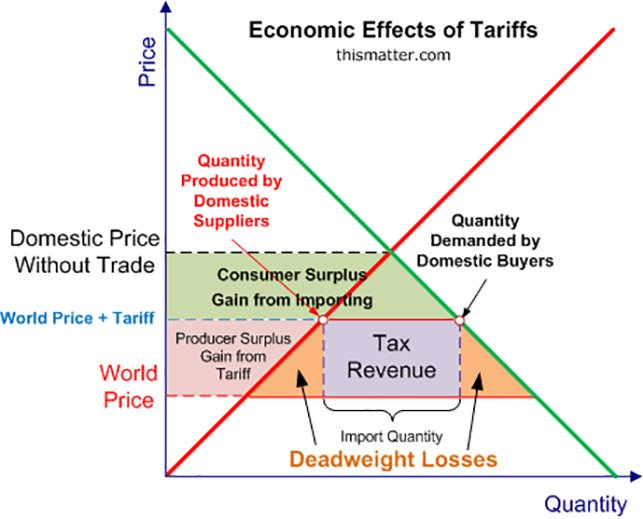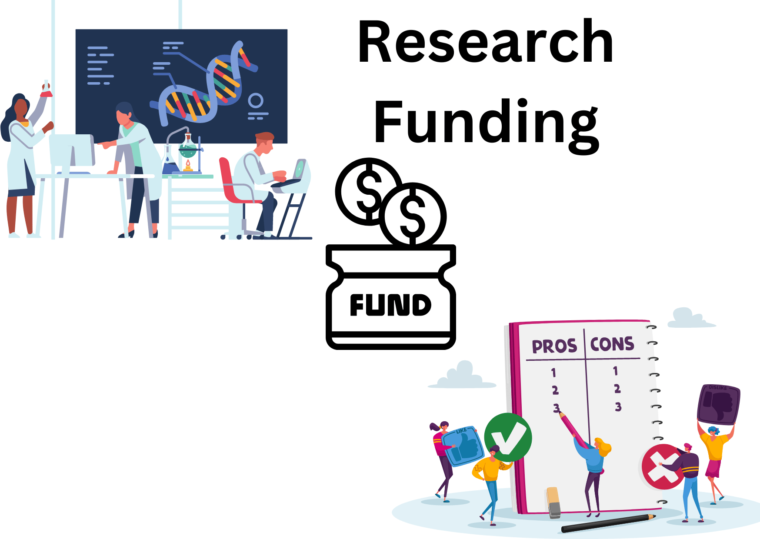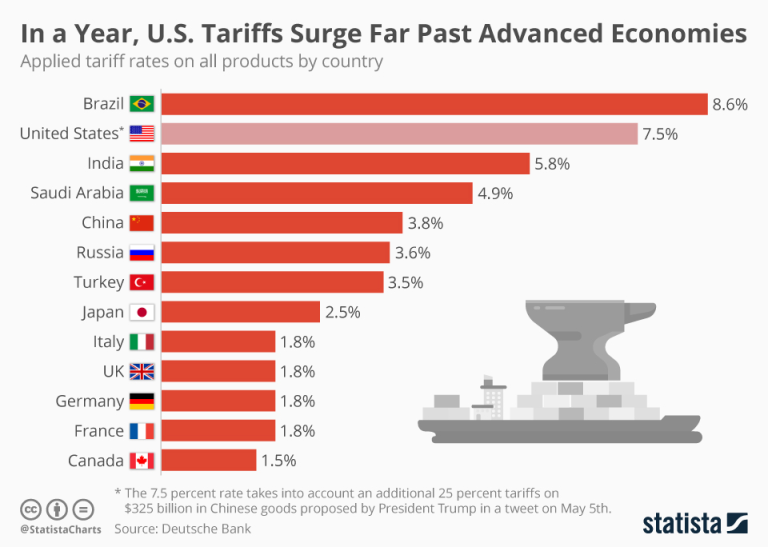
Business ethics decision-making is crucial in navigating the often murky waters of today’s corporate environment. As business leadership ethics evolve, executives face a slew of business ethics challenges that require thoughtful and principled decision-making strategies. The rise of complex decision-making scenarios, influenced by globalization and rapid technological advancements, has made understanding ethical dilemmas more intricate than ever. By utilizing systematic approaches to ethical decision-making, leaders can better confront and manage the implications of their choices, enhancing their ability to build trust with stakeholders. Overall, mastering business ethics decision-making is not just about compliance—it’s about fostering a culture of integrity that drives long-term success.
Corporate governance increasingly emphasizes the importance of ethical conduct in decision-making processes. The concept of ethical management incorporates various strategies aimed at aligning business practices with moral standards and societal expectations. As organizations encounter multifaceted issues shaped by technological advancements and global interactions, the need for robust frameworks in critical decision-making alongside business leadership morals becomes even more vital. Executives are tasked with evaluating potential outcomes thoughtfully, recognizing that their choices carry significant ramifications for both their companies and the communities they serve. Thus, fostering a mindset geared towards ethical judgment is essential for sustainable business operations.
Understanding Business Ethics in Decision-Making
Business ethics play a pivotal role in decision-making processes across various industries today. The concept has evolved significantly over the past three decades, transitioning from a theoretical understanding of morality to a more practical approach that considers real-world complexities. Executives must navigate a myriad of legal and ethical responsibilities while addressing the diverse interests of stakeholders in a globally interconnected market. This shift has led to a reevaluation of normative ethical frameworks, pushing leaders to adopt a more responsive and adaptable stance in the face of rapidly changing technologies and societal expectations.
Moreover, the art of ethical decision-making delves into gray areas rather than adhering strictly to binary judgments of right and wrong. Business leaders are often confronted with multifaceted dilemmas that challenge their moral compass. By incorporating reflective practices and actively considering the broader implications of their choices, leaders can cultivate a robust ethical framework. As Joseph Badaracco emphasizes, the process involves critical examination of what truly matters in a given context, ultimately promoting a culture of ethical soundness within organizations.
Business Ethics Decision-Making Framework
Establishing a strong ethical decision-making framework is essential for navigating the challenges of today’s business landscape. Organizations that prioritize ethical considerations not only enhance their reputations but also foster trust among employees, customers, and stakeholders. A structured approach involves a thorough analysis of the situation, identification of key facts, and assessment of potential risks. By employing executive decision strategies that integrate ethical values into the fabric of corporate culture, organizations can mitigate the chances of encountering ethics-related dilemmas that lead to financial and reputational damage.
Key components of an effective decision-making framework include transparency, accountability, and collaboration. Encouraging open dialogue around ethical issues allows individuals to voice concerns and engage in meaningful discussions. Furthermore, involving diverse perspectives in decision-making processes helps combat cognitive biases that may cloud judgment. As ethical challenges become increasingly complex, it is crucial for organizations to remain flexible and responsive to external pressures while adhering to core ethical principles. This blend of awareness and adaptability enables businesses to make decisions that uphold their values and maintain integrity.
Challenges in Ethical Decision-Making
The landscape of business ethics is fraught with challenges that test the moral fabric of decision-makers. One major hurdle arises from the existence of gray areas in ethical dilemmas, where the lines between right and wrong blur. Executives must often weigh competing interests, consider stakeholder impacts, and navigate legal ambiguities while striving for ethical accountability. Such complexities can lead to confusion, making it difficult for individuals to confidently determine the best course of action. The case examples of Sam Bankman-Fried and Elizabeth Holmes underscore the significant consequences that can ensue from poor ethical choices in high-stakes environments.
Additionally, cognitive biases complicate ethical decision-making, leading individuals to prioritize personal or corporate interests at the expense of ethical considerations. Awareness of these biases is the first step towards effective reflection and thoughtful decision-making. By actively seeking diverse perspectives and promoting an environment of candid discussion, organizations can help reduce the influence of inherent biases. Grounding decisions in a systematic ethical analysis can also help decision-makers navigate the intricate ethical challenges they face, ensuring that their choices align with their core values and responsibilities.
The Importance of Reflective Practices in Business Ethics
Reflection is a critical component of ethical decision-making, particularly when navigating complex and multifaceted dilemmas. Business leaders often find themselves inundated with external pressures, making it essential to carve out time for introspection. Reflective practices vary widely; some executives prefer contemplative solitude, while others find clarity through discussions with trusted colleagues. Regardless of the method, the key is to approach reflection with a mindset oriented towards understanding what truly matters in the situation at hand. This enables leaders to balance their responsibilities and assess the potential impact of their decisions on stakeholders.
Incorporating reflective practices into everyday decision-making processes enriches the ethical consideration of actions taken by executives. By questioning assumptions and evaluating the ethical implications of their choices, leaders can cultivate a sense of accountability and moral responsibility in their organizations. This continuous loop of reflection and analysis ultimately contributes to fostering a corporate culture that prioritizes ethical decision-making, helping leaders act with integrity and trustworthiness. Such a culture not only improves internal relations but also strengthens external perceptions of the organization as a whole.
Navigating Legal Gray Areas in Business Decisions
Legal gray areas present unique challenges for business leaders engaged in ethical decision-making. Often, laws and regulations lag behind the rapid pace of technological advancements and evolving societal norms, creating uncertainty for executives who must comply with both ethical guidelines and legal standards. For instance, advancements in artificial intelligence and data analytics introduce complex ethical considerations that are not yet codified in law. As organizations strive to act responsibly, they must develop frameworks that not only emphasize compliance but also prioritize ethical considerations in decision-making processes.
To effectively navigate these legal gray areas, business leaders should cultivate a deep understanding of both existing legal frameworks and emerging ethical norms. Implementing comprehensive training programs that address the intersection of law and ethics can empower employees to make informed decisions, reducing the risk of inadvertently crossing legal boundaries. Additionally, fostering open discussions about ethical dilemmas allows organizations to build a collective framework for addressing those gray areas pragmatically and responsibly, ensuring that ethical considerations are embedded in all levels of decision-making.
Developing Ethical Leadership in Organizations
Ethical leadership is integral to fostering a culture of integrity within organizations. Leaders set the tone for ethical behavior by modeling transparent decision-making processes and signaling their commitment to ethical principles. Developing ethical leadership involves not only encouraging ethical decision-making but also providing the necessary tools and frameworks to facilitate such choices. Organizations can achieve this by creating training programs that focus on ethical dilemmas, encourage critical thinking, and empower individuals to voice their ethical concerns without fear of repercussion.
Additionally, cultivating ethical leaders requires a commitment to continuous learning and development. Organizations should encourage leaders to engage in ongoing ethical education, discussions, and reflective practices that reinforce their ability to navigate complex ethical situations. By investing in ethical leadership development, organizations enhance their overall ethical climate, driving sustainable business success while building trust among employees, customers, and the broader community. This commitment to ethical leadership ultimately strengthens organizational resilience in the face of business ethics challenges.
The Role of Stakeholder Engagement in Ethical Decision-Making
Stakeholder engagement is a crucial element in fostering ethical decision-making within organizations. By involving various stakeholders in the decision-making process, leaders can gather diverse perspectives and insights that soften the sharp edges of potential ethical dilemmas. Engaging stakeholders not only demonstrates a commitment to transparency and accountability but also helps leaders understand the broader impact of their decisions. This collaborative approach can illuminate ethical considerations that may otherwise be overlooked, leading to more comprehensive and responsible decision outcomes.
Moreover, ethical decision-making that incorporates stakeholder input fosters stronger relationships built on trust and respect. Organizations that prioritize stakeholder engagement are likely to benefit from enhanced loyalty, improved employee morale, and increased customer satisfaction. This collaborative nature promotes a culture of ethical awareness, where all members feel empowered to contribute to the ethical discourse. As businesses navigate complex decision-making processes, actively involving stakeholders can lead to impactful and ethically sound choices that resonate across the organization and its surrounding community.
Reflecting on the Future of Business Ethics
As we advance into an increasingly complex business environment, the future of business ethics hinges on the ability of organizations to adapt and innovate in the face of new challenges. The emergence of technology, globalization, and changing social norms demand a fresh perspective on traditional ethical frameworks. Decision-makers must be equipped not only with ethical theories but also with practical strategies that enable them to navigate the evolving landscape of ethical challenges. It is essential for businesses to embrace a forward-thinking approach that anticipates both risks and opportunities associated with ethical decision-making.
Fostering a proactive ethical culture will require organizations to prioritize ethical literacy, engaging employees at all levels in discussions surrounding ethics. Continuous reflection on both internal practices and external behaviors will cultivate a responsive environment where ethical considerations inform every aspect of organizational behavior. By looking ahead and anticipating future challenges, organizations can prepare to meet the ethical demands of tomorrow, ensuring that business ethics remain at the forefront of decision-making processes.
Frequently Asked Questions
How can business ethics decision-making improve organizational leadership?
Effective business ethics decision-making enhances organizational leadership by fostering trust, accountability, and transparency. When leaders prioritize ethical decision-making, they create a culture where employees feel valued and are more likely to be engaged. This commitment to ethical principles also strengthens a company’s reputation, ultimately leading to increased customer loyalty and stakeholder support.
What are the common challenges faced in business ethics decision-making?
Common challenges in business ethics decision-making include navigating complex legal frameworks, managing stakeholder expectations, and addressing potential conflicts between financial goals and ethical responsibilities. Leaders often encounter gray areas where the right course of action is not immediately clear, necessitating a robust decision-making process that examines both ethical implications and practical outcomes.
What strategies can executives use for effective ethical decision-making?
Executives can employ several strategies for effective ethical decision-making, including fostering open communication, engaging diverse perspectives during the decision-making process, and utilizing ethical frameworks to evaluate potential outcomes. Additionally, integrating regular ethics training and reflective practices into the organizational culture can help leaders navigate complex ethical dilemmas more effectively.
How does cognitive bias affect business ethics decision-making?
Cognitive biases can significantly impact business ethics decision-making by influencing leaders to make self-serving choices or overlook ethical concerns. To mitigate these biases, decision-makers should actively seek feedback from trusted advisors, encourage a culture of accountability, and approach decisions with an analytical mindset that prioritizes ethical considerations alongside business objectives.
What role does reflection play in improving ethical decision-making in business?
Reflection plays a crucial role in enhancing ethical decision-making in business by allowing decision-makers to pause, analyze their values, and consider the broader implications of their choices. Engaging in reflective practices, such as discussions with mentors or quiet contemplation, can help leaders clarify what truly matters in a complex situation and lead to more responsible and ethical outcomes.
How can organizations create a culture of ethical decision-making?
Organizations can cultivate a culture of ethical decision-making by establishing clear ethical guidelines, providing ongoing ethics training, and encouraging employees to discuss ethical dilemmas openly. Leadership should model ethical behavior and reward ethical decision-making to reinforce the importance of ethics in everyday business operations. This culture not only diminishes the likelihood of unethical behavior but also enhances overall organizational integrity.
What are the legal implications of poor ethical decision-making in business?
Poor ethical decision-making can lead to significant legal implications for businesses, including regulatory penalties, lawsuits, and reputational damage. Organizations risk facing investigations and legal actions that can result in financial losses and long-term consequences. Therefore, integrating sound ethical practices into decision-making is essential to minimize legal risks and promote compliance with applicable laws.
| Key Point | Details |
|---|---|
| Importance of Ethics in Decision-Making | Accidents and intentional violations of ethics can lead to severe consequences, as shown by high-profile cases like Bankman-Fried and Holmes. |
| Shift in Approach | Business ethics has transitioned from applied moral philosophy to a more practical approach that considers the complexities of real-world situations. |
| Complex Relationships | Today’s executives face accountability to multiple stakeholders, which complicates ethical decision-making. |
| Gray Areas in Decision-Making | Ethical decisions often exist on a spectrum, requiring personal judgment, especially where laws are not clear-cut. |
| Mitigating Cognitive Biases | Seeking diverse perspectives and carefully analyzing circumstances can help overcome biases in decision-making. |
| The Role of Reflection | Regular reflection through various methods aids in clarifying thoughts and fostering responsible decisions. |
Summary
Business ethics decision-making is critical in navigating the complexities of modern organizational environments. The landscape today is fraught with multidimensional challenges requiring not just a reliance on established laws or ethical principles, but also a nuanced understanding of stakeholder relationships and gray areas. Business leaders must engage in thoughtful reflection and prioritize transparency in their processes to ensure their decisions align with both ethical standards and practical outcomes. As the responsibility of companies expands, staying true to ethical principles is paramount for preserving integrity in the business sphere.



